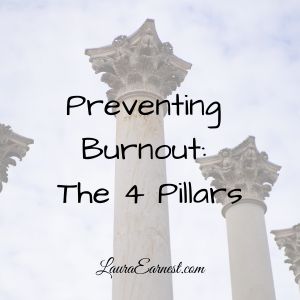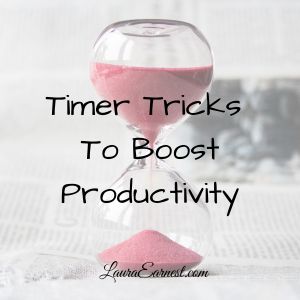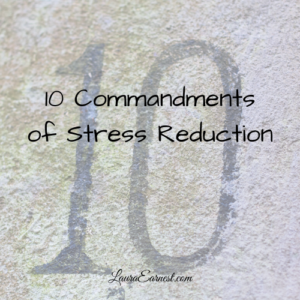Too often burnout is depicted as something that strikes without warning. But it’s never sudden. There is always a ramp up to the burnout level. If you can catch them, there are ways of preventing burnout.
I have burned out a couple of times during my life. The struggle to get back on even footing can be long and difficult, and I determined that I would never again get so stressed that I would be sidelined. Instead, I learned how to recognize the four pillars underlying my physical and mental health and how to strengthen them against prolonged stress.
Relaxation
Since burnout is caused by an excessive amount and/or length of stress, the first pillar of preventing burnout is relaxation.
The thing I have always found funny about relaxation is that in this day and age of being always busy is relaxation cannot be left to chance. One must plan for relaxation and make it a deliberate decision.
Relaxation can take many forms. Do not assume that just because something is passive it is relaxing, or that because something is active it is not.
To make relaxation a pillar of your burnout prevention, you should know what activities you find relaxing and plan to do some of them every week.
Meditation
I used to view meditation that only dedicated navel gazers did for hours at a time. This was cemented by the fact that if I sit in a comfortable space and close my eyes, I will go to sleep. I even tried meditating while on an exercise ball and fell asleep there too. (I did wake up when I hit the floor)
There are other forms of meditation, though. If you can find one that works for you, meditation is a good way to de-stress. My current favorites are walking outside without electronics and a seven minute tai chi. Both are active enough that I don’t go to sleep but allow me to put my over-active mind in a lower gear.
To make meditation a pillar of your burnout prevention, you need to find out which forms of meditation work for you. There are many apps, books and websites out there you will be able to find something that works for you in your time available.
Anxiety Management
Feeling overwhelmed can make you feel anxious. Anxiety is related to stress…but is not the same thing. Anxiety can feed stress, and stress can feed anxiety, starting a spiral that perpetuates itself.
Learning to recognize…and manage…anxiety has long-reaching benefits in keeping stress in check.
Meditation can help with anxiety, but there are other methods as well. Talking with a trusted friend or journaling can be extremely useful. When you journal it doesn’t have to be anything complicated – just scribbling your worries down on the back of a receipt and then throwing it away can be effective in releasing your anxiety.
To make anxiety management a pillar of your burnout prevention, learn to recognize when you feel anxious, and then find a few methods that work well for you to ratchet it down.
Better Health
When I was younger, I used to scoff at the idea that how well I treated my body would have an impact on my stress levels. That was at the same period that I could breakfast on Mountain Dew and a Snickers bar and have no sugar crash. As I have gotten older, I have learned that being well-rested, fed on a healthy diet and not dependent on sugar and caffeine to keep me going really does work.
Don’t get me wrong – I love my coffee and thoroughly enjoy my infrequent desserts. I am not a model of good nutrition and exercise. Rather I find that the better I feel physically the less likely I am to succumb to stress.
Everyone has different tolerances, and it is important to know what yours are. One of my coworkers finds that caffeine relaxes him and lets him fall asleep quickly; I can’t have caffeine after 3 pm if I am going to sleep. I can’t eat rice, pasta or potatoes at lunch or I will fall asleep about 3pm; a good friend can only tolerate simple carbs in the morning.
To make better health a pillar of your burnout prevention, you need to know how you are affected by various conditions like sleep, calorie makeup and intake, eating schedules and exercise. A food/sleep/exercise journal can help you find your optimal timing.
Conclusion
In summary, preventing burnout is a proactive process that requires attention to relaxation, meditation, anxiety management, and maintaining a healthy lifestyle. By understanding and addressing these four pillars, you can create a solid foundation to mitigate stress, manage anxiety, and maintain your overall well-being. It is essential to remember that these strategies are not a one-size-fits-all solution, but rather a guideline that can be tailored to your individual needs and circumstances. Therefore, take time to identify what works best for you and make it a part of your routine to consistently safeguard against burnout.





